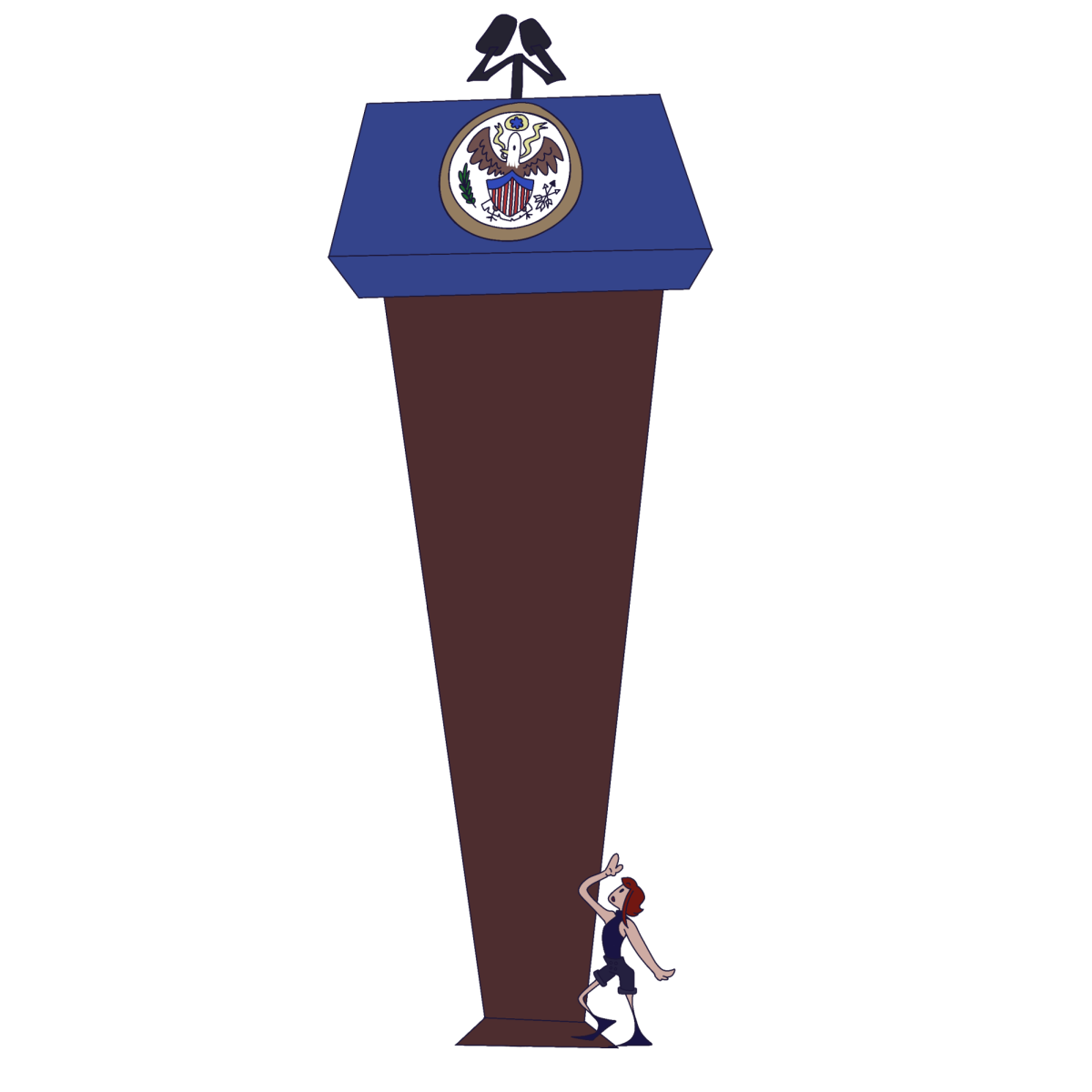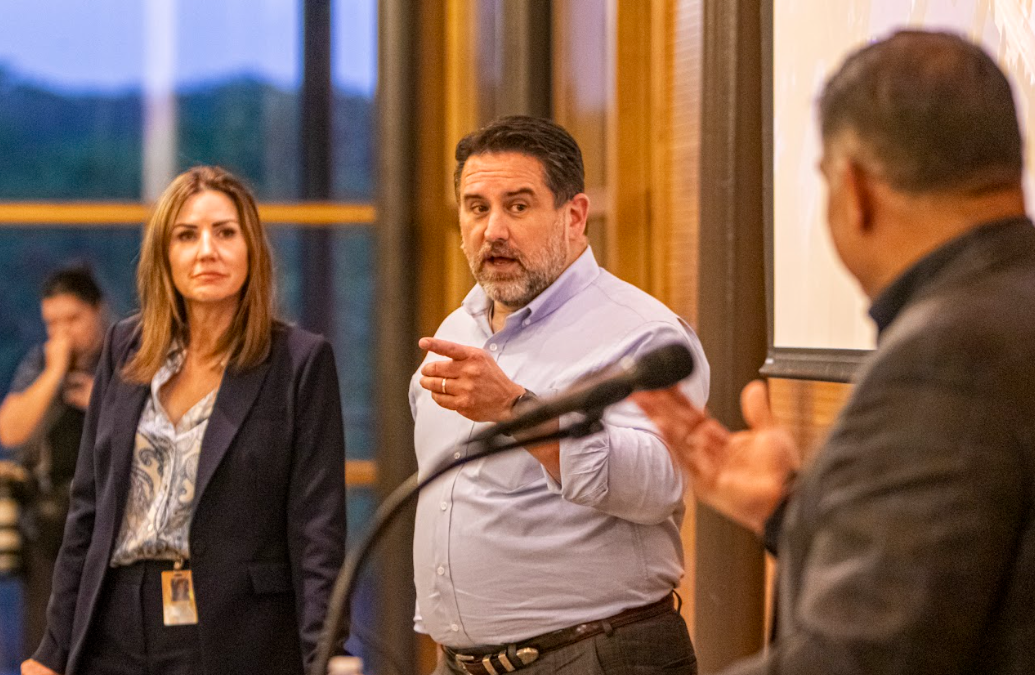Undergraduate and graduate researchers at UTSA are uncertain about their futures in research, as federal funding cuts have led to the Research Initiative for Scientific Enhancement Program ending and delays in funding notices for the Initiative for Maximizing Student Development Program.
A senior undergraduate RISE scholar, who wished to remain anonymous, is fortunate enough not to be impacted by the program ending in May. He pointed out what he gained from the opportunity.
“The mentorship and all the skill sets that I’ve gained alongside with the financial assistance [have] been so foundational to my personal success within not only my degree plan but also my future plans, like pursuing a PhD,” he said. “Without those two things, I don’t see how I could’ve put myself in a position to succeed.”
He has been accepted into a PhD program at the University of North Carolina at Chapel Hill. While the grants funding his program have not been impacted by any executive orders, his opportunity is still in jeopardy.
“[UNC-Chapel Hill] actually told me that even upon signing the contract to commit to the program, there could be a chance that they can’t afford you in the long term, and they can even revoke your status within the PhD program, which I thought was absolutely crazy,” he stated.
He worries about future cohorts of researchers at UTSA and their ability to receive funding. To them, he suggests, “know which places kind of have active funding, reach out to those people, ask a lot of questions, even sensitive, even political questions if you have to.” He believes doing so is justified due to the current political situation.
Victoria Lemus is a first-year doctoral student in the Neuroscience, Developmental and Regenerative Biology Department. She is an IMSD scholar who spends her time in labs doing research. She did not anticipate being impacted by the federal funding cuts.
“I never thought I would have a firsthand experience in how it’s affecting research. But, unfortunately, it has reached us, and it’s honestly really disheartening. It almost feels like you’re being punished in a way because all we wanna do is research,” Lemus said.
“Luckily, we do have a lot of support, especially from our department, our chairs and our graduate advisors, but it’s just a weird gray area right now. So, we’re kind of just in limbo waiting for months to see what will happen eventually,” she added.
The IMSD program significantly impacted Lemus’s growth as a researcher. She shares how she would not be who she is today without the program and how much it means to her.
“If I was not accepted into the IMSD or if I didn’t have the IMSD program at all, I feel like [my] personal development would not be where it’s at right now. They’ve helped me become a lot more confident in not only speaking and public speaking but believing in myself and really implementing the idea that I’m meant to be here, and I didn’t get here just because [of] some luck or something like that.”
Lemus and her department are now taking steps to show the UTSA administration how the federal funding cuts are currently affecting them. They hope to tackle the uncertainty around future funding before it gets cut.
“We are working within IMSD on a form that we can submit, possibly to our dean or the president of UTSA, that states how this is impacting us and how we are grateful for their support, but we kinda need to get front running on this,” she said.
Additional student researchers have come forward with their concerns and efforts to combat the possible funding cuts to their programs. Their stories will be published in the following weeks at paisano-online.com.










